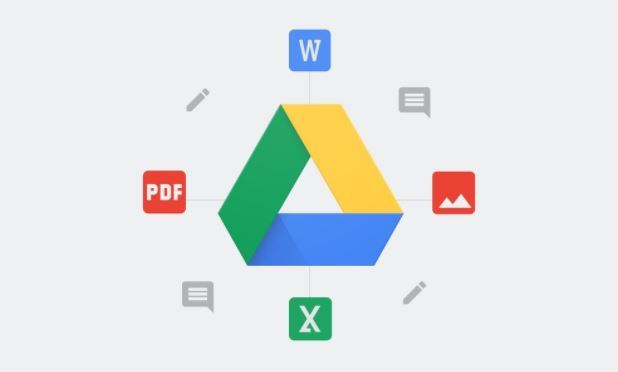Google Drive is an indispensable cloud-based tool for countless organizations worldwide. Its file sharing and synchronization services allow users to store and share all kinds of data within their group, enhancing their overall productivity through seamless collaboration.
However, Google Drive users inevitably learn that while sharing files and documents with anyone is easy, locating and retrieving a particular shared document tends to be a bit more complicated. The problem is especially cumbersome for large organizations that may need to sift through thousands of files in the “Shared With Me” section just to find a single document.
Thankfully, Google Drive has come up with a new way to make its users’ lives a lot easier. With the help of artificial intelligence technology, the service will now try to guess which files you might want to open.
In a blog post, the company announced that will now be revamping Google Drive’s Share With Me and will soon “start intelligently organizing” files located in this section. Once updated, the drive will display a list of people along with the files they have shared.
Because users mostly search content by owner, Google Drive aims to make these searches even faster with the help of AI.
According to the company, the new system will “predict the people and files that you’re most likely to search for and make them more visible.” In addition, the system’s predictive capability will get better with use thanks to the inclusion of machine learning technology.
Google announced that the update will be released in the coming two weeks and be available to G Suite.
Meanwhile, Google Drive for Windows and Mac OS will no longer be supported come May 12. But users need not worry too much, all documents and files stored in Google Drive will be unaffected. They’ll just have to install one app to keep things up and running.
Google Drive users running on Windows and Mac OS will only need to install the Backup & Sync app to continue the automatic syncing between their desktop and the cloud. Android and iOS users will be unaffected by the ending of support since it will only cover desktop users.

